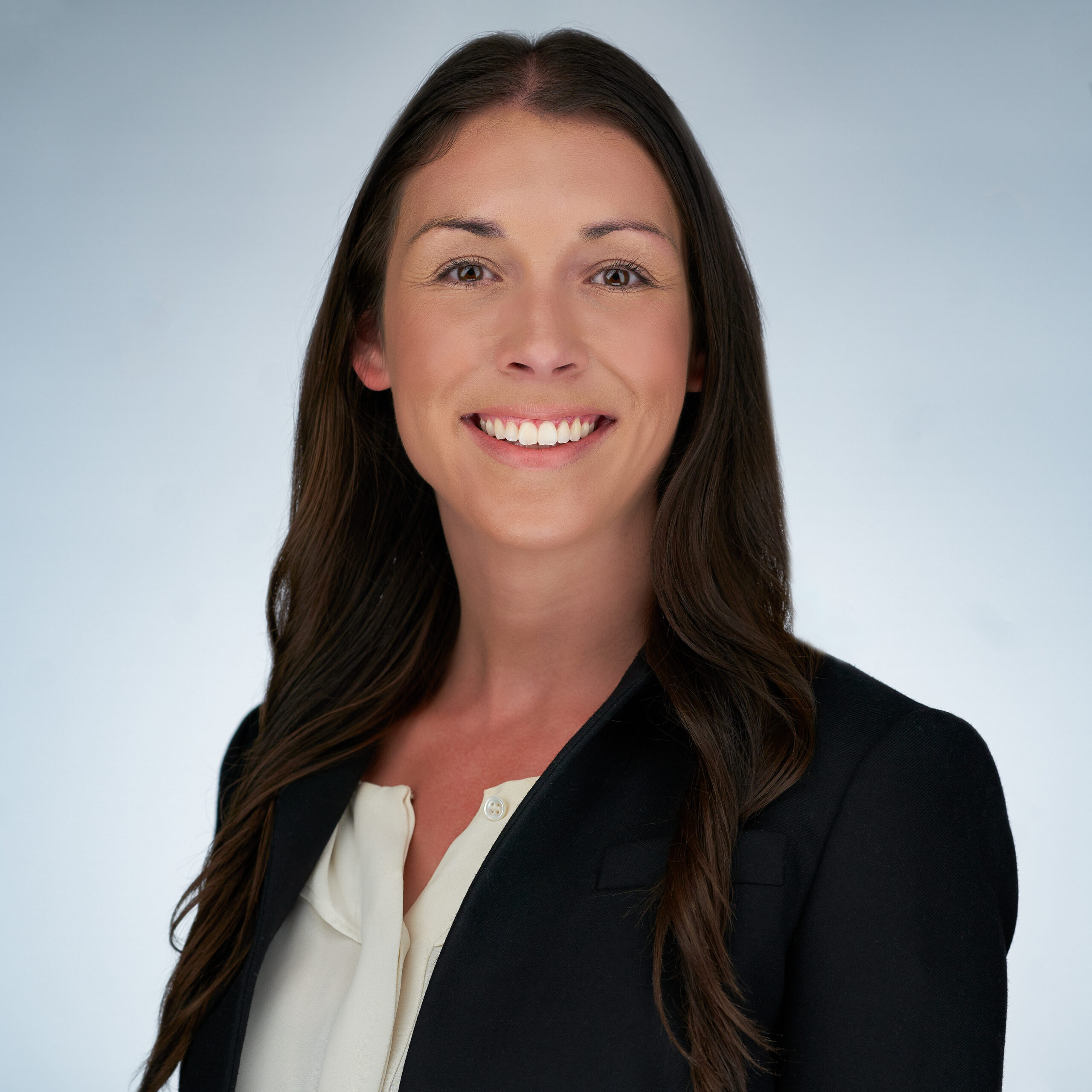Individuals with chronic medical conditions and long-term disabilities who have a permanent need for a wheelchair require a comprehensive, detailed evaluation of their physical, functional and environmental needs to allow clinicians and ATP suppliers to make appropriate Assistive Technology recommendations for a successful outcome.
This course will examine the feasibility in which one utilizing a customized/complex mobility and seating system allows the end user to return to work or leisure activity involving air travel. Within the wheelchair service delivery model, there is a key step in our duty to educate properly on equipment maintenance and use as to prepare our end users for management of their mobility device throughout the lifetime of the equipment. Many times specific attention is paid to education and wheelchair management within the home as dictated by funding sources but we know that consumers utilize their complex rehab equipment to interact with a variety of environments for performance of various tasks including that of leisure participation.
As we serve to promote functional independence to those with complex seating and mobility needs, it is important to help educate clinicians, ATPs, providers, and consumers on key considerations for mobility and equipment management when returning to tasks such as air travel. This helps to ensure the safety of consumer along with the promotion of autonomy to our end users.
Saturday, May 2, 2025
10:00 am – 11:00 am
New Jersey Convention & Expo Center
Jr. Ballroom, 1st Floor
97 Sunfield Avenue
Edison, NJ 08837
Credits: 0.1 CEU / 1.0CEC / 1hr
Level: Beginner / Review
Registration:
This complimentary course requires registration at Abilities Expo in addition to registration with Quantum Rehab. Space is limited and seats are reserved on a first come, first serve basis.

Prerequisites:
None.
Target Audience:
Licensed/Certified Medical Professional (i.e. PT, OT, Physician, Nurse), Rehab Professional (ATP, SMS, CRTS), Reimbursement & Billing Specialists
Learning Objectives:
At the conclusion of the course the participant will be able to:
- Describe the significance of 3 air travel challenges specific to consumers who utilize a wheelchair as a primary means of mobility
- Describe 2 equipment handling policies and procedures related to medical device management including power mobility devices.
- Identify 2 backrest options that allow for power wheelchair adjustments to accommodate different cargo hold heights to prevent chair damage.
- List 3 options for clients to protect and manage their equipment and utilize certain positioning devices during travel.
Agenda:
Hour 1:
- Review of literature describing end user experience with air travel and barriers to independence.
- Review of act, policies, and laws in place to protect those with disabilities and their mobility equipment in relation to air travel.
- Case review and first-hand experience on traveling for power mobility devices.
- Review of how to best protect key parts of mobility devices from damage.
- Recommendations on skin protection with seating and positioning from personal chair on airline seat.
- Discussion and Q&A.
Intermediate Instructional Methods:
- Lecture
- Discussion
AOTA Classification Code:
Domain of OT: Client Factors, Context and Environment; Occupational Therapy Process: Evaluation, Intervention, Activity and Occupational Demands
ADA:
If you require ADA accommodations, please contact the Education Department ([email protected]).
Course Instructor: Mary Cabarle, OTR, ATP/SMS
Clinical Education Manager, Quantum Rehab

Mary Cabarle is an Occupational Therapist (OT) and Assistive Technology Professional (ATP) from New Jersey. She is currently the Manager of Clinical Education and Marketing Liaison for Quantum Rehab with a focus on the Northeast/Mid-Atlantic regions. Mary attended the University of Scranton from 2010-2015 for both her undergraduate studies and master’s degree in OT. Mary spent the last seven years working at a Model System rehabilitation hospital in New Jersey, treating diagnoses ranging from traumatic spinal cord injury, traumatic brain injury, and neurodegenerative diseases with experience in both inpatient and outpatient settings. Her experience in an outpatient setting were solely focused on the wheelchair clinic to meet clients’ complex seating and mobility-related needs. Mary enjoys collaborating with other members of the wheelchair provision team to curate unique and innovative solutions to mobility related needs.



